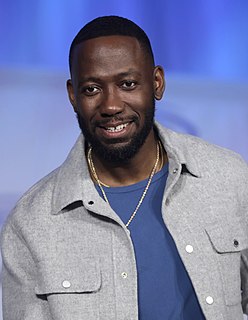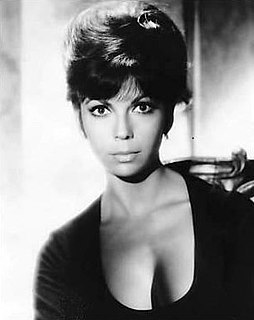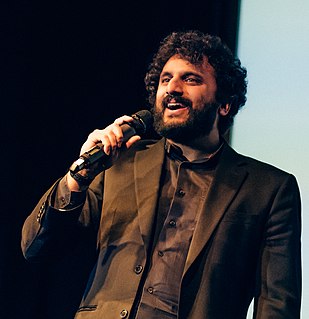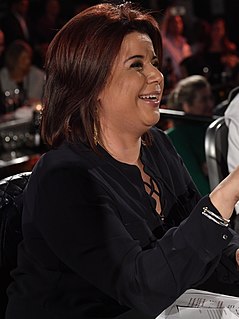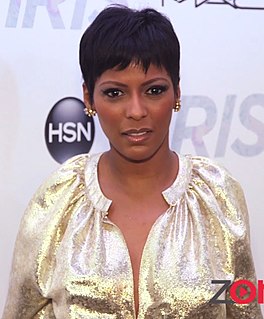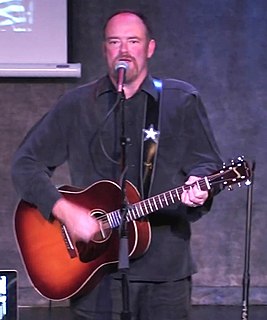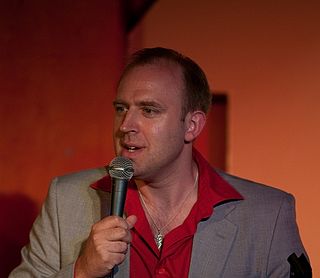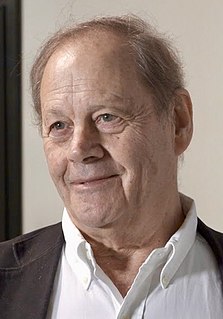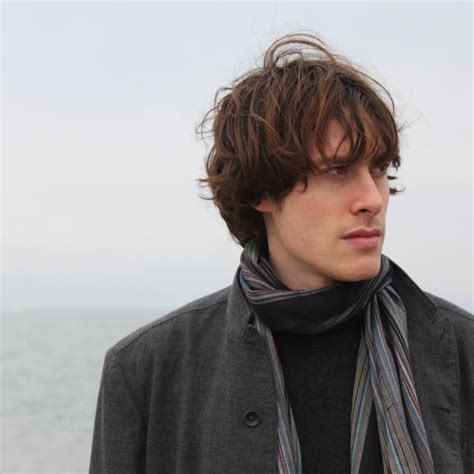A Quote by Maggie O'Farrell
When I worked at The Independent newspaper, I had colleagues who would laugh and say that whenever they picked up the phone to my dad and heard his accent, they thought they were about to hear a five-minute warning to get out the building. People in Britain have always thought it acceptable to make racist remarks about the Irish. The prejudice underlying that supposed joke was everywhere.
Quote Topics
Related Quotes
It was scary. But it was so liberating. I thought, This is not predetermined - I get to choose. There are some days where I have to choose five times in a day. I had to make a choice when you called and the phone rang, whether I'm going to show up and be me, or whether I'm going to say what I think I'm supposed to say and get off the phone.
I started to make a joke that I had an imaginary friend underneath the let-out couch named Binky. I would never talk to him; I would only use him as entertainment for other people. I knew they thought that children had imaginary friends, so I was like, "I don't really believe in imaginary friends, but I want to feel like I do." I used to make a joke, "My imaginary friend Binky says this," because I knew it would get a laugh out of them.
I've said jokes where I thought people might get up and hit me for this. A couple of people have thought about it. But they didn't. It gives you a lot of power, because if you're on shows where people are worried about getting sacked and you're not, then you're transcendent because you say what other people would like to say.
I thought, This is fabulous. It sent shivers up my spine. I thought, What kinds of people are these that would produce this kind of music in a camp? All the prison camp stories I've seen, and heard of, were about the heroism of men. As I researched this and heard the music, I realized that women were heroic too, on just as grand a scale. And their treatment was just as appalling.
The best books, they don’t talk about things you never thought about before. They talk about things you’d always thought about, but you didn’t think anyone else had thought about. You read them, and suddenly you’re a little bit less alone in the world. You’re part of this cosmic community of people who’ve thought about this thing, whatever it happens to be.



